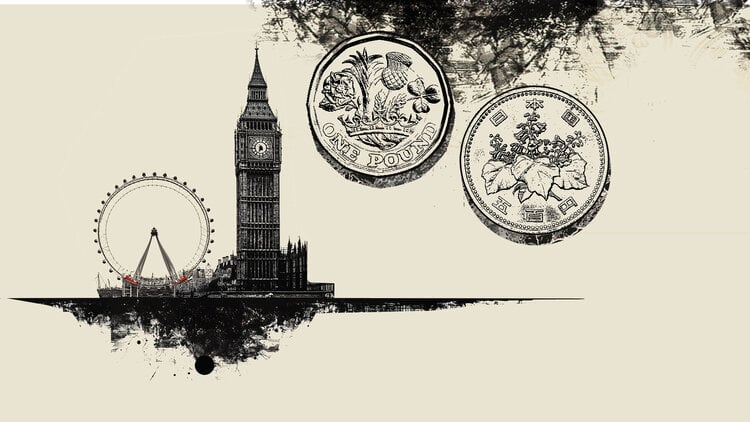The lowest inflation recorded in the service sector was one of the reasons for the 1% growth in the first quarter of 2022 and 1.7% in the year, released by the Brazilian Institute of Geography and Statistics (IBGE) this Thursday (02). ).
This is what Fábio Bentes, economist at the National Confederation of Trade in Goods, Services and Tourism (CNC) points out.
The expert points out that, in this period, prices recorded by the services segment rose less than those of other areas that generate goods, such as agriculture and industry.
“Inflation recorded by the National Index and Broad Consumer Prices (IPCA) is 12.13% in the last 12 months. Inflation in the service sector is 6.9%”, he compares.
Inflation recorded by the National Index and Broad Consumer Prices (IPCA) is 12.13% in the last 12 months. Service sector inflation is now at 6.9%.
Contrary to the favorable performance of services, agriculture fell by 0.9% and national industry remained stable, with an increase of only 0.1%.
Bentes also draws attention to the increase in the Selic, the basic interest rate for the Brazilian economy. According to the expert, this increase, consequently, makes credit more expensive.
This tends to curb the acquisition of goods, produced by agriculture, livestock and industrial activities, according to him.
“Service consumption, in turn, does not depend so much on credit”, he evaluates.
The result shows that, in current values, the country has a GDP of R$ 2.2 trillion so far.
According to the IBGE, growth was driven, in particular, by the advance of five of the seven activities in the service sector. In all, the category alone accumulates an amount of R$ 1.3 trillion.
The best economic performance, from January to March, was in the category of other services (2.2%). Accommodation, food, culture, recreation, domestic services are some of the activities that encompass the group.
The CNC economist says that, despite the positive numbers in the first three months, the scenario may be different in the near future.
“The big problem is further ahead. When resources are released, such as Auxílio Brasil, the withdrawal of the FGTS and the anticipation of the 13th salary of retirees and pensioners, inflation tends to increase”, she emphasizes.
“In the very short term, the release of these resources is positive. However, this creates a problem for the second half, because it does not play in favor of prices,” he says.
Source: CNN Brasil
I am Sophia william, author of World Stock Market. I have a degree in journalism from the University of Missouri and I have worked as a reporter for several news websites. I have a passion for writing and informing people about the latest news and events happening in the world. I strive to be accurate and unbiased in my reporting, and I hope to provide readers with valuable information that they can use to make informed decisions.







